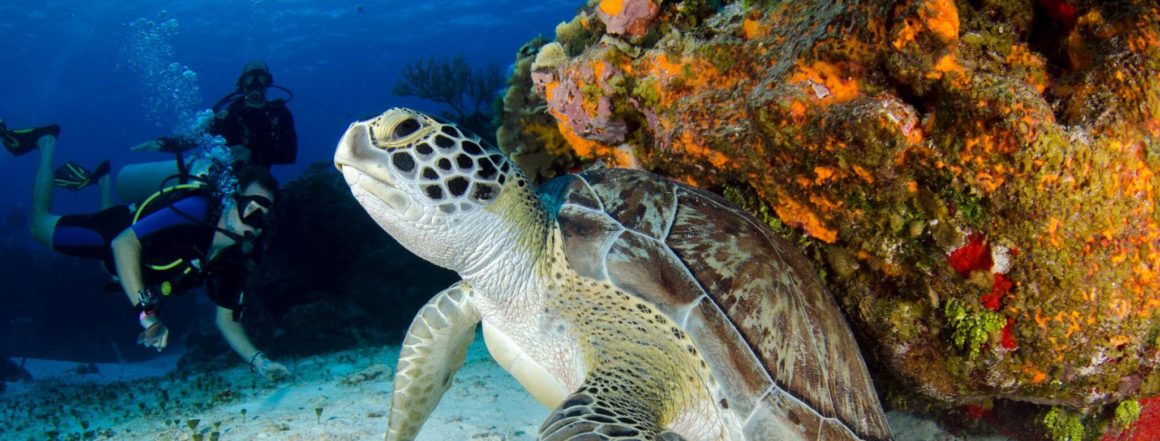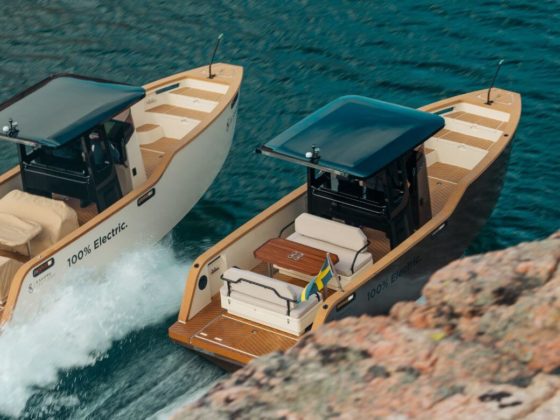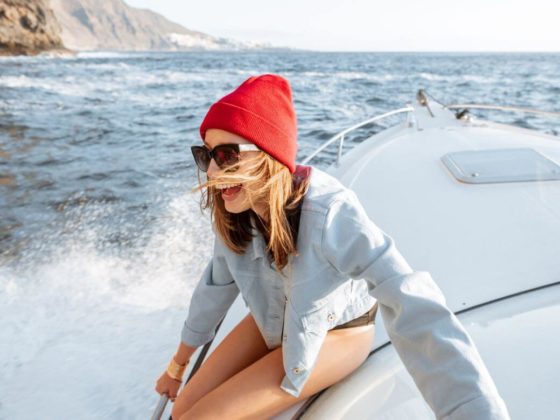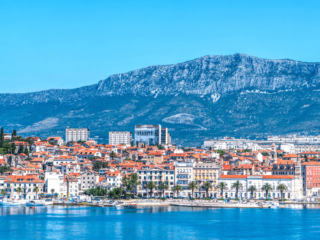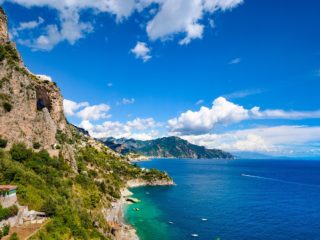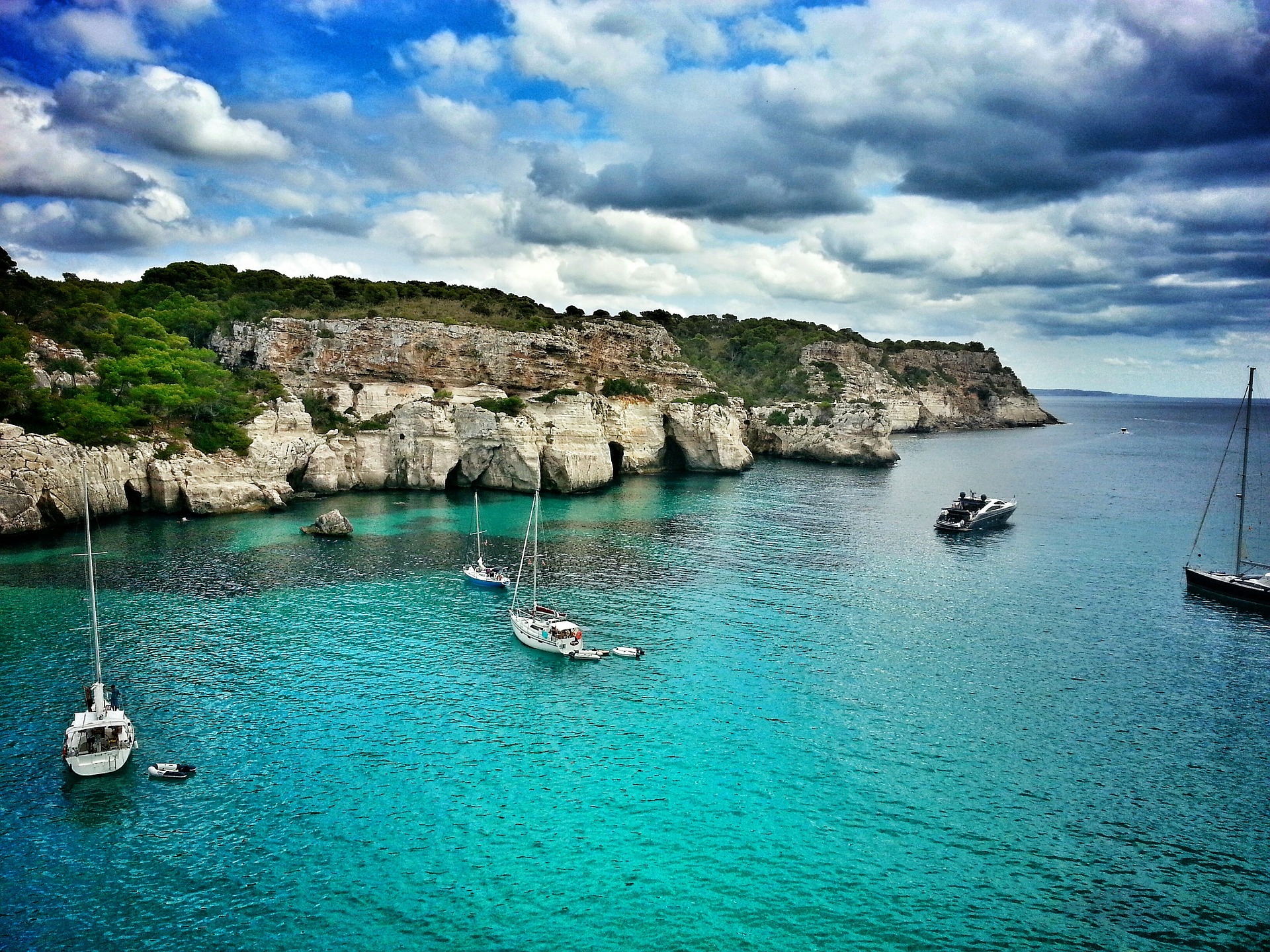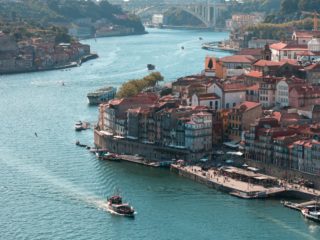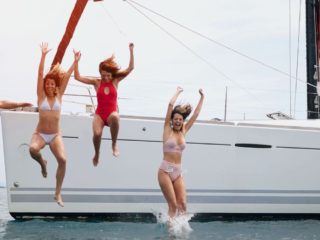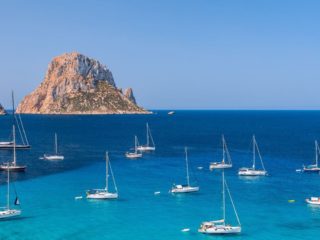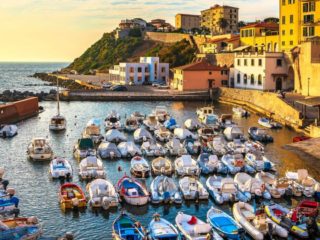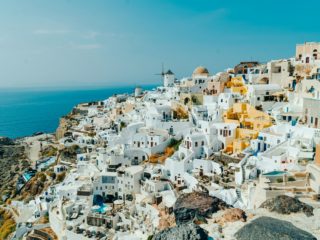Share the post "Bring your snorkel mask to discover marine life!"
World Reef Awareness Day is a time to appreciate the beauty and significance of underwater coral reefs, so don’t forget your snorkel mask to make the most of it!
These mesmerising ecosystems are crucial for understanding marine life, maintaining ocean health, and providing essential services to humans. Rent a motorboat with Click&Boat and embark on an unforgettable snorkelling adventure to Europe’s best diving destinations! Exploring these underwater wonders aboard your motorboat rental will strengthen your connection with nature and deepen your understanding of the importance of reef conservation. So, don’t miss the opportunity to witness the awe-inspiring beauty beneath the waves!
The best snorkelling spots in and around Europe with your snorkel mask
The Mediterranean is not typically associated with extensive underwater coral reefs. However, there are amazing snorkelling spots that have abundant marine life, coral gardens, underwater rock formations, and seagrass beds. Make sure to bring your snorkel mask to not miss anything, For more ideas on destinations, check out this snorkelling report!

The marine life in Southern France with your snorkel mask
The South of France is a snorkelling paradise, brimming with striking marine life and captivating underwater landscapes. One of the best places to go is Port Cros National Park. Dive into the glassy waters and encounter a dazzling array of marine organisms, including sea breams, damselfish, grouper, and octopuses. Then swim through the park’s seagrass meadows, rocky reefs, and vibrant coral formations.
Another highlight is the Cannes Underwater Eco-Museum from Jason de Caires Taylor. This innovative museum combines art and ecological restoration. The underwater installation consists of 6 portrait sculptures by the Posidonia seagrass meadows. They were created using pH-neutral materials to promote the growth of coral ecosystems. Snorkellers can marvel at the stunning exhibition and witness the gradual transformation of these structures into artificial coral reefs.
Sardinia’s underwater
La Maddalena archipelago, off the northern Sardinian coast, is a protected area brimming with marine life. The best snorkelling spot in this archipelago is Passo Cecca di Morto, a lagoon accessed only by boat. Marvel at the flourishing underwater gardens and grab your snorkel mask to encounter schools of fish, octopuses, sea anemones, and sea urchins. Remember to look out for the iconic red Sardinian sea stars!
Then, head to the Capo Carbonara Marine Protected Area in southern Sardinia. Its underwater landscape contains a mix of sandy bottoms, rocky outcrops, and Posidonia oceanica seagrass meadows. While snorkelling, you will encounter a variety of marine life, including colourful wrasses, parrotfish, sea bream, and even seahorses. In addition, keep an eye out for the occasional dolphin or loggerhead sea turtle!
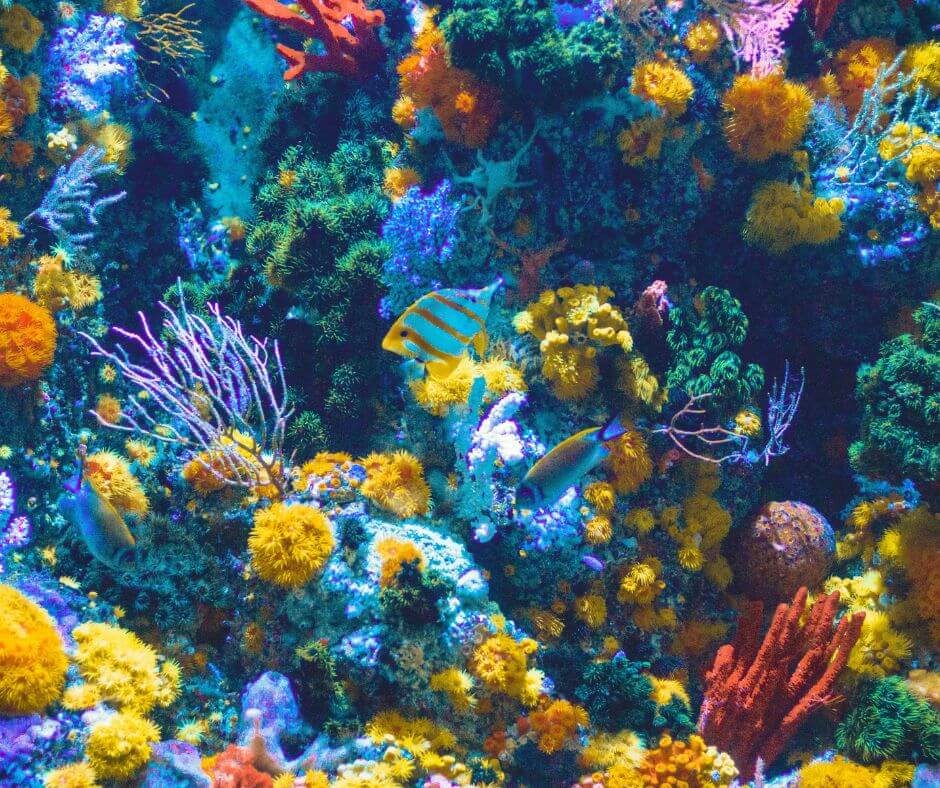
Cyprus’ vibrant marine life
Green Bay, in east Cyprus, is one of the Mediterranean’s best snorkelling destinations. Dive into its turquoise waters to discover a colourful underwater world full of life. Then encounter colourful fish species such as damselfish, wrasses, and lionfish. Green Bay is among the best places to spot loggerhead and green sea turtles. Swim over the seagrass meadows and admire them gliding through the water. Jason de Caires Taylor has another underwater exhibit in Ayia Napa consisting of sculptures of trees and children. Cyprus has more exotic marine species than the rest of the Mediterranean due to its proximity to Egypt and the Suez Canal, where marine species migrate from the Red Sea to the Mediterranean. Check out our blog to learn more about where to take your boat in Cyprus!
The Red Sea with your snorkel mask
The Red Sea Coast is a world-renowned diving destination, attracting visitors from across the globe. With its warm waters, excellent visibility, and remarkable marine biodiversity, this region offers unforgettable diving experiences. Consider renting a boat in Hurghada as a base to explore the nearby underwater wonders.
First, head to Ras Mohammed National Park, a marine reserve that boasts vibrant coral reefs. Divers will encounter majestic sea turtles and sting rays gracefully gliding through the water, while colourful anemones sway gently in the currents. Schools of tropical fish in dazzling hues add magic to this mesmerising underwater world.
Afterwards, go to Ras Um Sid, a top snorkelling spot with a narrow underwater coral reef. Put on your best snorkel mask to discover: Clownfish, angelfish, butterfly fish, giant clams, and sea goldies that live near the exceptional coral wall. In addition, the drop-off from the reef is home to Red Sea banner fish, parrotfish, triggerfish, blue cheek butterfly fish, and blue spotted groupers.
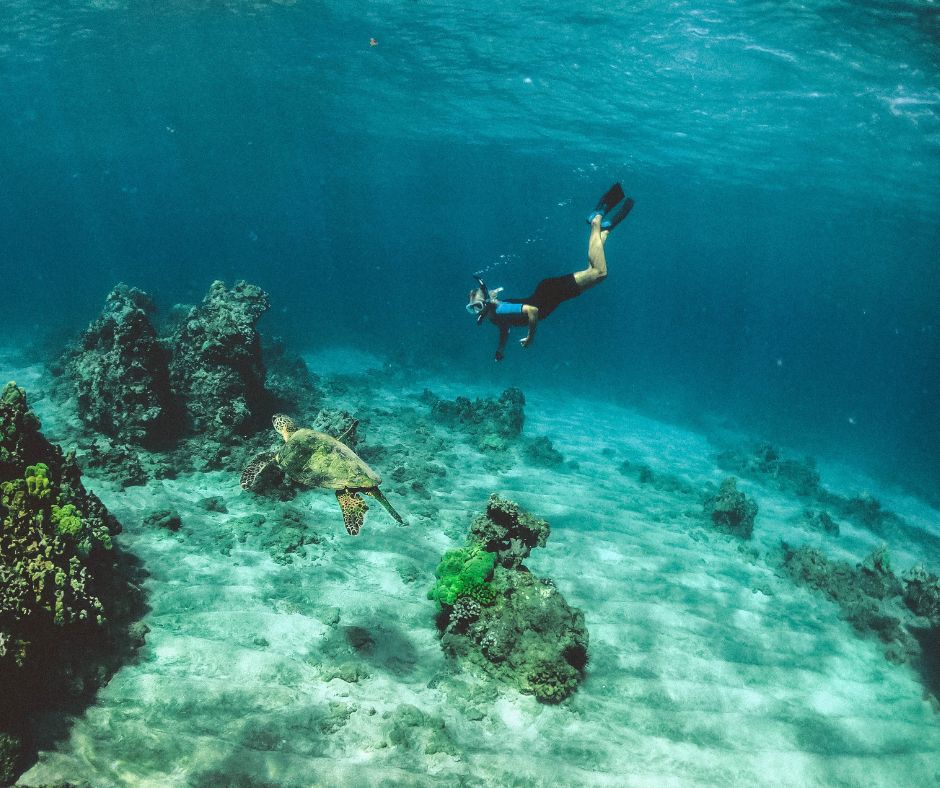
Top Tips for Snorkelling and Reef Conservation
- Never step on or touch the corals.
- Don’t feed or harass sea organisms.
- Don’t stir up sediment since this can smother the coral.
- Use reef-safe sunscreen.
- Minimise anchor damage using moorings or anchor in sandy areas away from coral reefs and seagrass meadows.
- Rent an eco-friendly boat, such as a wind-powered boat or an electric motorboat.
- Participate in local beach and reef clean-up initiatives.
- Dispose of waste properly and reduce plastic usage to mitigate the adverse effects on coral reefs.
- Opt for sustainable seafood.
The benefits of discovering coral reefs with your snorkel mask
Biodiversity
Coral reefs are teeming with marine life, acting as a habitat, food source and breeding ground for hundreds of species of fish, sea mammals, and animals such as sea turtles, crustaceans, and sponges. Reefs are the “rainforests of the sea” due to the astonishing array of biodiversity they sustain. Despite covering only 0.2% of the ocean floor, they support over 25% of all marine life!
Medicine
Corals have proven to have valuable medicinal properties. Scientists have successfully extracted compounds from corals that have successfully treated cancer, arthritis, viral and bacterial infections, and other diseases. For example, Cytarabine, the first marine-derived drug, is a form of chemotherapy which treats leukaemia and non-Hodgkin’s lymphoma.
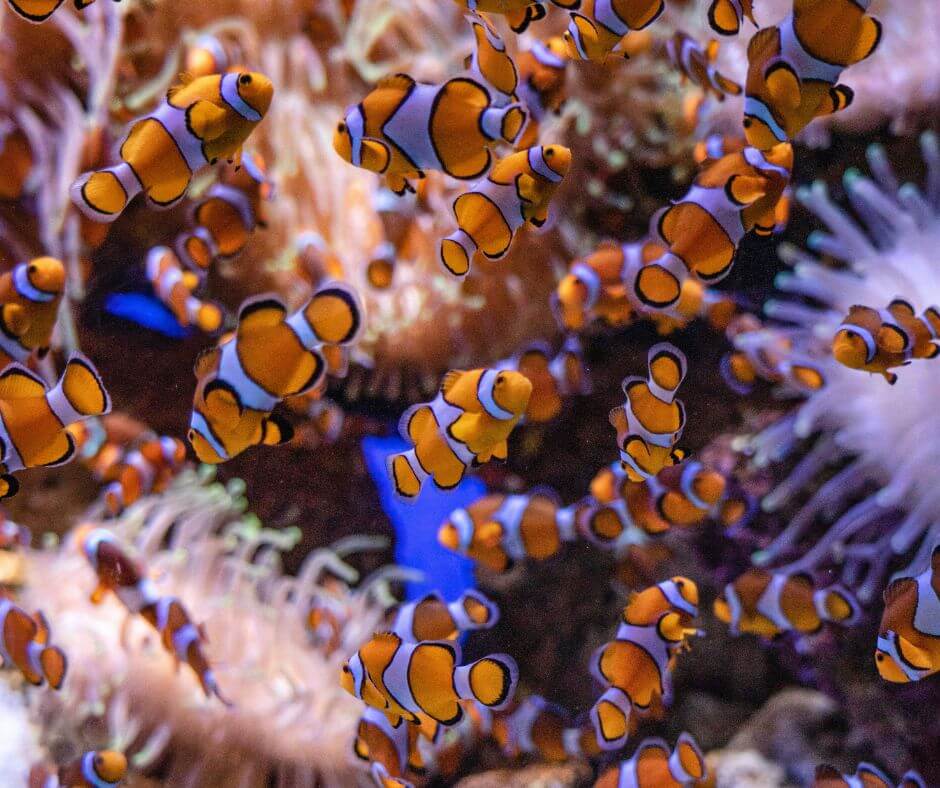
Coastal Protection
Underwater coral reefs act as natural breakwaters, minimising the impact of waves, storms, and flooding and protecting against hurricanes and cyclones. Reefs absorb a staggering 97% of the energy from these natural forces, providing vital protection against coastal property damage and erosion. Consequently, the damage or destruction of reefs exposes coastal communities, making them vulnerable to normal wave action and violent storms.
Tourism and Economy
Coral reefs contribute significantly to tourism and the economy. Reef-related activities, particularly snorkelling and diving tours, and businesses catering to tourists, such as hotels and restaurants, generate billions of dollars and create millions of jobs for communities near coral reefs. Additionally, coral reefs serve as an essential food source, particularly for those living in small islands and coastal regions.
Enjoy your motorboat escape while discovering what the seas have to offer!

